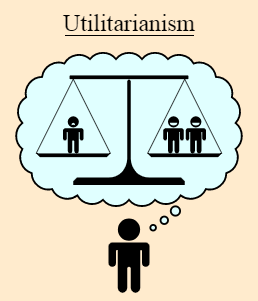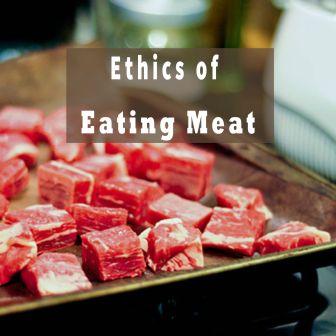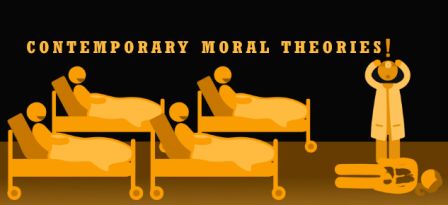John Stuart Mill has provided his views on ‘utilitarianism’ related to moral perception. He argued that it focuses on the action that promotes happiness. Morality and happiness are interlinked, and Mill’s approach is linked to Singer’s perception of morality.
Utilitarianism and Morality
Peter Singer believed that starvation due to lack of food is immoral and that resourceful people should make sacrifices to aid poor people.
Providing shelter and food is a positive aspect of morality and quality deeds.
Mill argues that happiness is a quality that is located in the attainment of people’s goals. When specific ends of people are fulfilled, it results in happiness and causes positive moral values in society.
Mill’s description of utilitarianism in the form of virtuous happiness positively describes the happiness attributed to a singer.
Utilitarianism is an ethical approach that is morally linked with the society.
Happiness and Integrity
On the other hand, Pojman’s objection to utilitarianism is four in number, of which ‘the integrity objection’ works against this principle. Peter Singer argued that moral philosophy is inherent in society and based on good and bad actions. The ethical principles of Singer are objected to by Pojman by integrity value.
Pojman presents his notion of integrity in a way that works negatively for the moral laws. According to him, utilitarianism is against moral values because it goes away to provide comfort to people, and it violates moral integrity.
Singer coined that the theory of ethics is based on the assumption that life in which righteous deeds work and the feelings of a human being are superior to any other thing.
Moral obligations require a person to sacrifice comfort to give preference to people in need.



